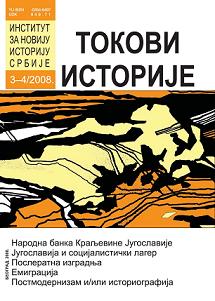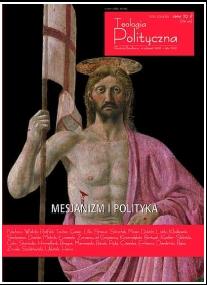Recapitularea tuturor în Hristos în teologia Sf. Irineu de Lyon
Author(s): Petru-Ioan Ilea / Language(s): Romanian
/ Issue: 1/2005
Recapitulation of all in Christ in St. Irenaeus's Theology. In the Christian tradition St. Irenaeus of Lyon is one of the most glorious heroes of the Church, an outstanding Christian leader, faithful guardian of the Orthodox, Apostolic Tradition, and a blessed peacemaker in difficult times.
From the writings of Irenaeus, which represent a major source for knowing the Christian history and culture in the first two centuries, two major works have survived: one is Against Heresies and the other, The Preaching of the Apostles.
A characteristic of Irenaeus’ theology is the typology. In his works he looks for and uses types, analogies, parallelisms, especially between the Old and New Testament. This is particularly evident in his theology of Recapitulation, which is, first of all, a parallel between Adam and Jesus Christ, Eve and Mary, between the economy of creation and the economy of Incarnation (disobedience in Adam and obedience in Christ; sin and death in the first Adam, and liberation, salvation, and life in the Second Adam; Eve brought into the word the curse while Mary brought the blessing; Eve is cause of death for all people while Mary is the cause of life for all humankind; on the sixth day of creation Adam sinned, disobeying God, and died, and also, on the same sixth day, the day before Sabbath, Jesus died, obeying God and bringing life to the world).
The word re-capitulation involves the word capitulation – surrender, obedience, by recapitulation all thongs Christ bring them all back under His dominion. Capitulation implies a position of obedience and surrender, the head bowed down, inclined, in front of God’s majesty.
Recapitulation of all begin with the Jesus’ Incarnation and it embraces His other salvific work, as on the Cross, the Resurrection, and, in the times ending, Parousia, the Resurrection of the dead and the Last Judgment. Recapitulation, as part of God’s economy of salvation, has a historical, retroactive dimension, in the sense that Recapitulation assumes the past events, in reverse, in a new economy of salvation; that also has an eschatological, prospective dimension.
Jesus is the recapitulation of all humankind because in Adam all humankind was contained. But recapitulation does not refer only to humankind in all ages of history, but it embraces the totality of creation; it is not only the human being’s restoration but also the final cosmic restoration, the restoration of all things, the whole cosmos, the whole creation.
More...


